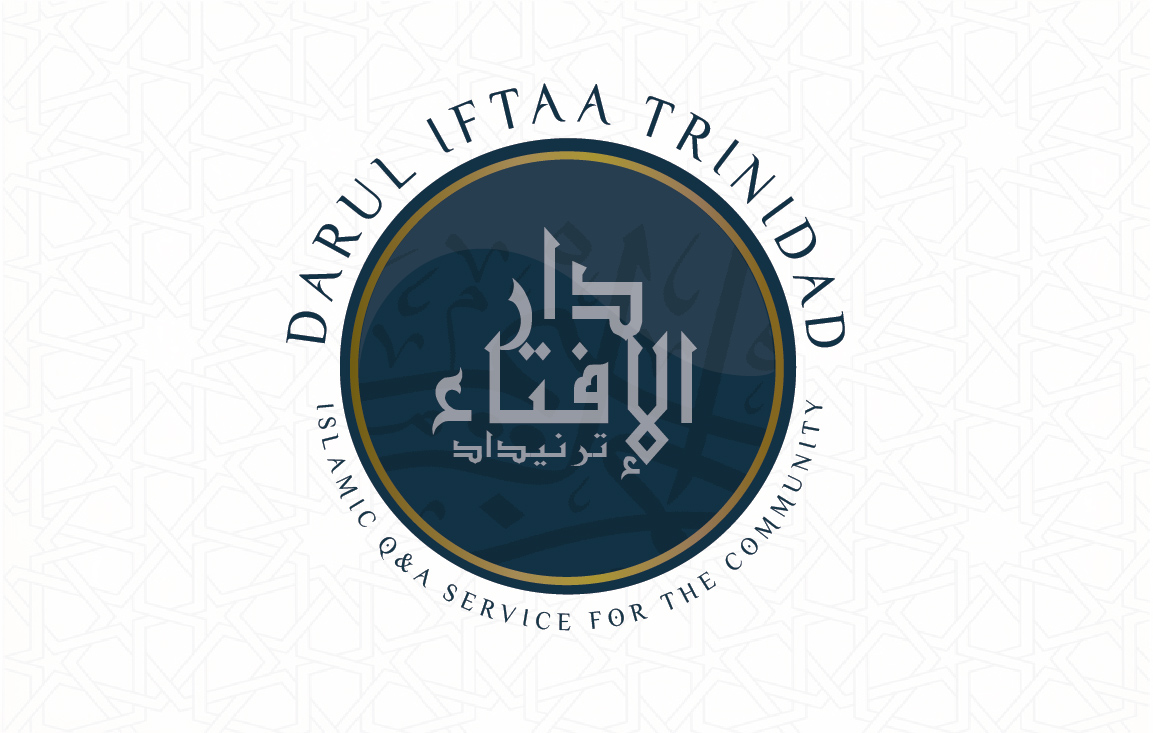
Question:
Is it compulsory for someone to take bayat with a sheikh to reform one’s self? If one does not will one be sinful
Answer:
In the Name of Allah, the Most Gracious, the Most Merciful.
As-salāmu ‘alaykum wa-rahmatullāhi wa-barakātuh.
The purpose of Bai’ah is reformation. If one is able to reform himself, then the purpose of Bai’ah is achieved. However, from a practical point of view it is difficult for a person to reform his own self. It is therefore advisable for one wishing to reform himself to identify a compatible spiritual guide to help him reform himself. This includes people engaged in Dawah etc. In fact, it may be more important for such people to undergo spiritual reformation in order for their Dawah to be more effective.
There is a difference between medication purchased at a pharmacy and medication prescribed by a doctor. The doctor’s prescription follows a careful diagnosis of the sickness which is followed by a specific prescription. This is different from the medication one purchases from the pharmacy without the doctor’s prescription and diagnosis. It is possible that this medication may not be as effective as it is based on one’s own assessment of the sickness.
A person who submits to a Sheihk (spiritual guide) is like a person who has a diagnosis conducted by his doctor and he’s been prescribed by a specific medication. The difference between the two forms of treatment are clear.
If one has cancer and keeps on treating the symptoms with pain killers from the pharmacy, that cancer will deteriorate and spread and finally will be fatal. Many of us have fatal spiritual sicknesses that cannot be treated with general cures. The spiritual sicknesses could deteriorate and be fatal to our spirituality. If one wants to preserve his acts of worship and other virtuous deeds like Dawah etc, he should pay attention to his spiritual self as well. Failing to do so, puts one at a risk of losing one’s effort in other virtuous deeds. An intelligent person will do whatever it takes to preserve his effort in good deeds.
Care and caution must be exercised when choosing a Sheikh.
The purpose of Bai’ah is to reform oneself. If one is ill, he would go to a doctor he is comfortable with to get treatment. The patient must believe in the doctor and have confidence in him. He must be able to freely relate to the doctor. It is such an open and flexible relationship between the doctor and the patient that the patient is eventually cured. In the field of spiritual reformation, one needs to identify a spiritual guide that one is comfortable with. A person one can relate to and get cure for one’s spiritual weaknesses.
Bai’ah is a big step in the life of an individual. All his affairs are entrusted to the Shaikh. Before giving Bai’ah to a Shaikh, it is necessary that a person does a proper investigation and research on the person whom he intends to give Bai’ah. There are many Mashaaikh (spiritual guides), whose websites and advises one can follow. However, it should not be that sincere people get caught up with pseudo Shaikhs who merely use the internet as a cover to lure people into their trap of Dhalalat (deviation and deception) and Fitnah.
The Masha’ikh of Tasawwuf have laid down a certain criterion in order for a person to be regarded as a Shaykh Kamil.
Hadhrat Shah Muhaddith Dehlawi (Rahmatullahi Alayhi) has mentioned the following qualities that have to be found in a Sheikh e Kamil:
- He should possess the necessary knowledge of Deen, which he should have acquired by formal pursuit of such knowledge or from remaining in the company of firmly grounded scholars.
- He should be upright and pious, refraining from major sins and from continuously perpetrating minor sins.
- He has no desire for this World. He engages in acts of obedience, Adhkaar and other devotional practices.
- He must have derived spiritual benefit by remaining in the company of his Shaykh for an adequate period of time. Such “companionship” can come either through physically being in the Shaykh’s company or through correspondence.
- He is habitual in enjoining good and forbidding evil (Amr Bil Ma’roof Wa Nahy anil Munkar).
In addition, one should develop Munasabah (congeniality) with the Shaykh in order for one to derive maximum benefit from the Shaykh.
Excerpt from articles by Sheikh Mufti Ebrahim Desai
http://tasawwuf.daralmahmood.org/index.html
And Allah Ta’āla Knows Best
Mufti Arshad Ali
Darul Iftaa, Jaamia Madinatul Uloom (Trinidad)
